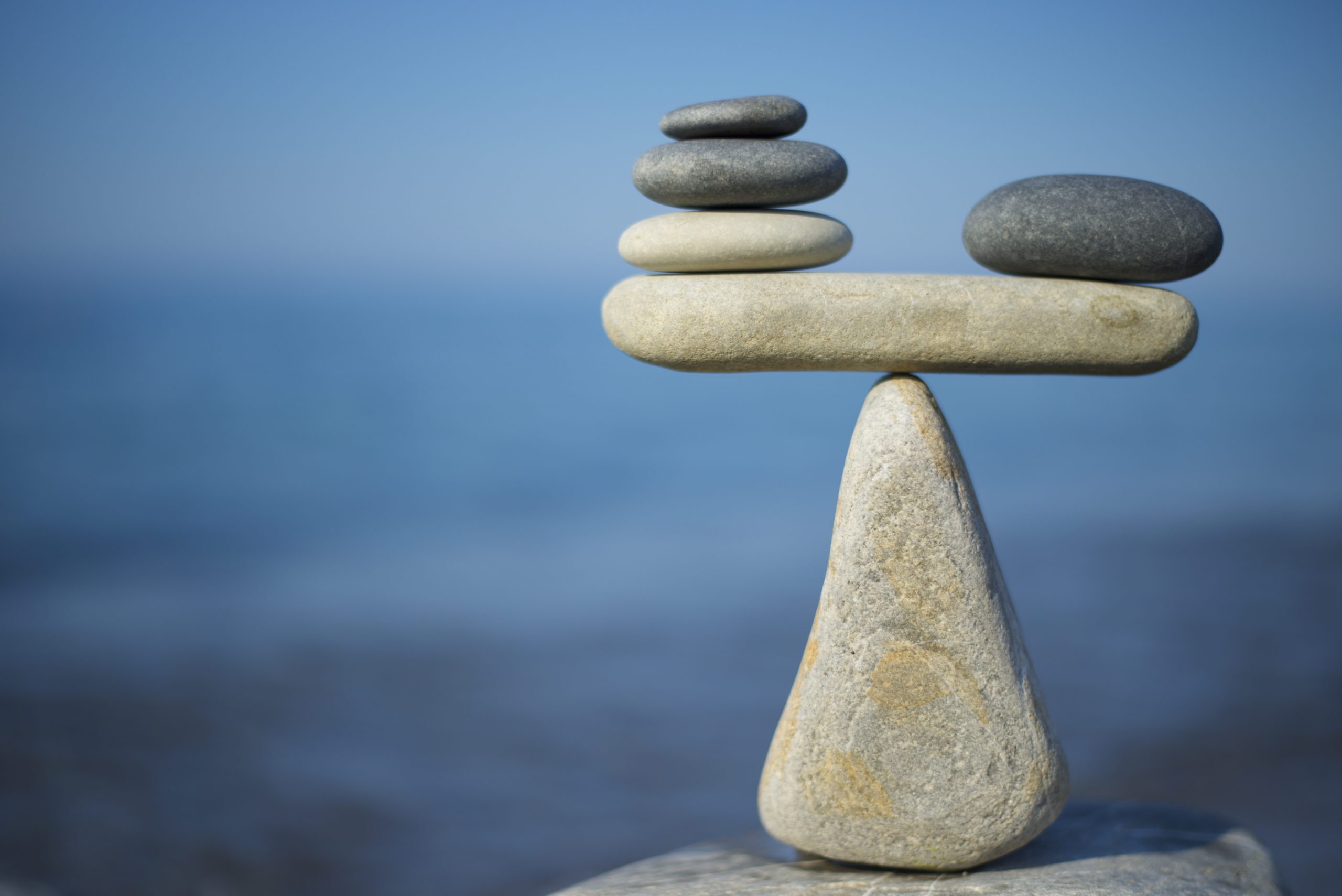
Balanced energy is a term that gets tossed around a lot, but what does it really mean? Balanced energy refers to the equilibrium between the energy we consume and the energy we expend. This balance is crucial for maintaining a healthy lifestyle, preventing weight gain, and ensuring our bodies function optimally. Imagine your body as a car; just like a car needs the right amount of fuel to run efficiently, our bodies need the right amount of energy. Too much or too little can lead to problems. Understanding the concept of balanced energy can help you make better choices about your diet, exercise, and overall well-being. Ready to learn more? Let's dive into 24 fascinating facts about balanced energy!
What is Balanced Energy?
Balanced energy means having a steady supply of energy without extreme highs or lows. It’s about maintaining a consistent level of energy throughout the day to feel good and function well.
-
Balanced energy helps maintain focus and productivity. When energy levels are stable, concentration improves, making it easier to complete tasks efficiently.
-
It prevents mood swings. Consistent energy levels help keep emotions in check, reducing irritability and stress.
-
Balanced energy supports better sleep. A steady energy supply during the day can lead to more restful sleep at night.
How to Achieve Balanced Energy
Achieving balanced energy involves a combination of diet, exercise, and lifestyle choices. Here are some key factors to consider:
-
Eating regular meals and snacks. Consuming food at regular intervals helps maintain blood sugar levels, preventing energy crashes.
-
Including protein in every meal. Protein slows down the absorption of sugar, providing a more sustained energy release.
-
Staying hydrated. Dehydration can cause fatigue, so drinking enough water is crucial.
-
Getting regular exercise. Physical activity boosts energy levels by improving circulation and oxygen flow.
-
Managing stress. Stress can drain energy, so finding ways to relax and unwind is important.
Foods that Promote Balanced Energy
Certain foods are particularly effective at providing sustained energy. Incorporating these into your diet can help maintain balanced energy levels.
-
Whole grains. Foods like oats, brown rice, and quinoa release energy slowly, keeping you fueled for longer.
-
Nuts and seeds. These are rich in healthy fats and protein, offering a steady energy supply.
-
Fruits and vegetables. Packed with vitamins and minerals, they support overall energy production.
-
Lean proteins. Chicken, fish, and legumes provide essential amino acids for energy.
-
Healthy fats. Avocados, olive oil, and fatty fish help maintain energy levels by supporting cell function.
The Role of Sleep in Balanced Energy
Quality sleep is a cornerstone of balanced energy. Without adequate rest, it’s challenging to maintain consistent energy levels.
-
Sleep helps repair and rejuvenate the body. During sleep, the body repairs tissues and replenishes energy stores.
-
It regulates hormones. Hormones that control hunger and energy levels are balanced during sleep.
-
Improves cognitive function. Good sleep enhances memory, concentration, and decision-making skills.
The Impact of Stress on Energy Levels
Stress can significantly affect energy levels. Managing stress is essential for maintaining balanced energy.
-
Stress hormones drain energy. Hormones like cortisol can cause fatigue when levels are too high.
-
Chronic stress leads to burnout. Long-term stress can deplete energy reserves, leading to exhaustion.
-
Relaxation techniques can help. Practices like meditation, yoga, and deep breathing can reduce stress and boost energy.
The Importance of Hydration
Staying hydrated is vital for balanced energy. Water plays a crucial role in many bodily functions that affect energy levels.
-
Water aids in digestion. Proper hydration helps break down food and absorb nutrients efficiently.
-
It regulates body temperature. Staying cool helps maintain energy levels, especially during physical activity.
-
Hydration supports brain function. Adequate water intake improves concentration and cognitive performance.
Lifestyle Choices for Balanced Energy
Certain lifestyle habits can either support or hinder balanced energy. Making mindful choices can help maintain steady energy levels.
-
Avoiding excessive caffeine. While caffeine can provide a temporary boost, too much can lead to energy crashes.
-
Limiting alcohol intake. Alcohol can disrupt sleep and dehydrate the body, leading to fatigue.
Balanced Energy: The Takeaway
Balanced energy is crucial for maintaining a healthy lifestyle. It’s not just about what you eat but also how you live. Eating a variety of foods, staying active, and getting enough rest are key. Small changes like choosing whole grains over refined ones or adding a short walk to your day can make a big difference. Remember, it’s about balance, not perfection. Don’t stress over occasional treats; they’re part of a balanced life too. Listen to your body and give it what it needs. Stay hydrated, eat mindfully, and keep moving. Balanced energy isn’t a one-size-fits-all; it’s about finding what works for you. Keep experimenting and adjusting. Your body will thank you.
Was this page helpful?
Our commitment to delivering trustworthy and engaging content is at the heart of what we do. Each fact on our site is contributed by real users like you, bringing a wealth of diverse insights and information. To ensure the highest standards of accuracy and reliability, our dedicated editors meticulously review each submission. This process guarantees that the facts we share are not only fascinating but also credible. Trust in our commitment to quality and authenticity as you explore and learn with us.


